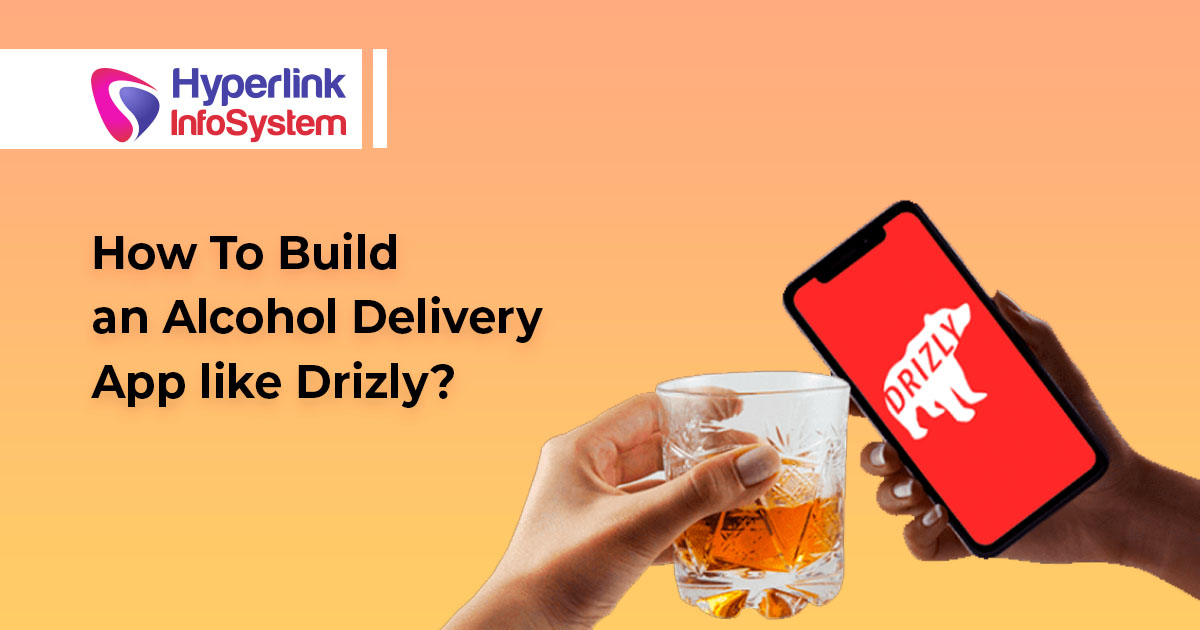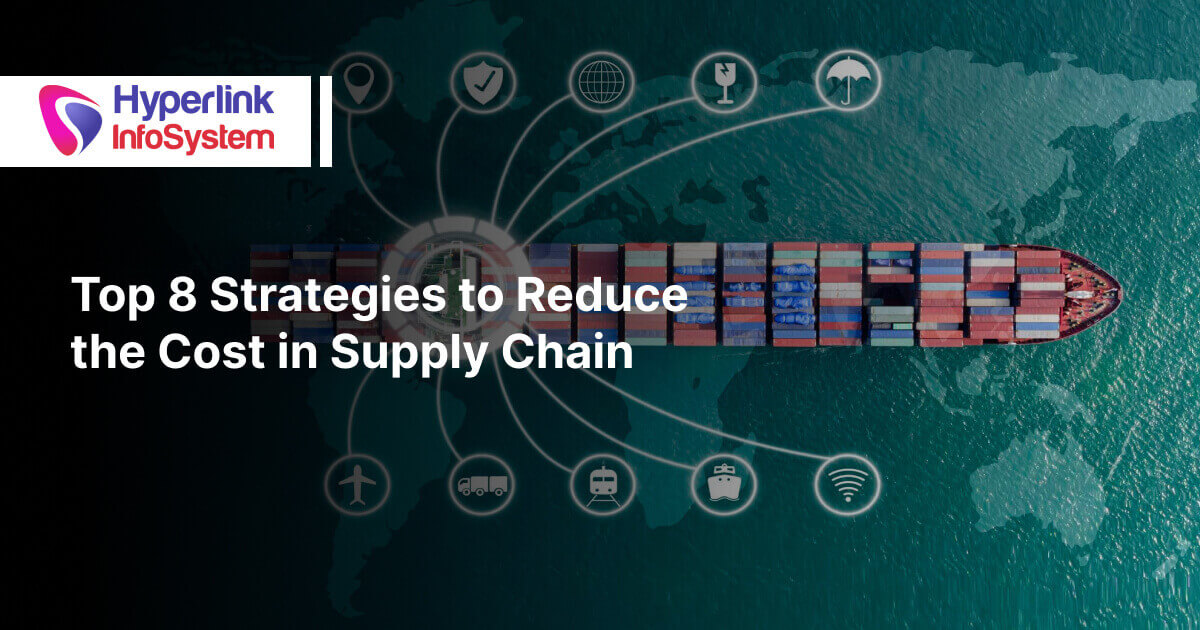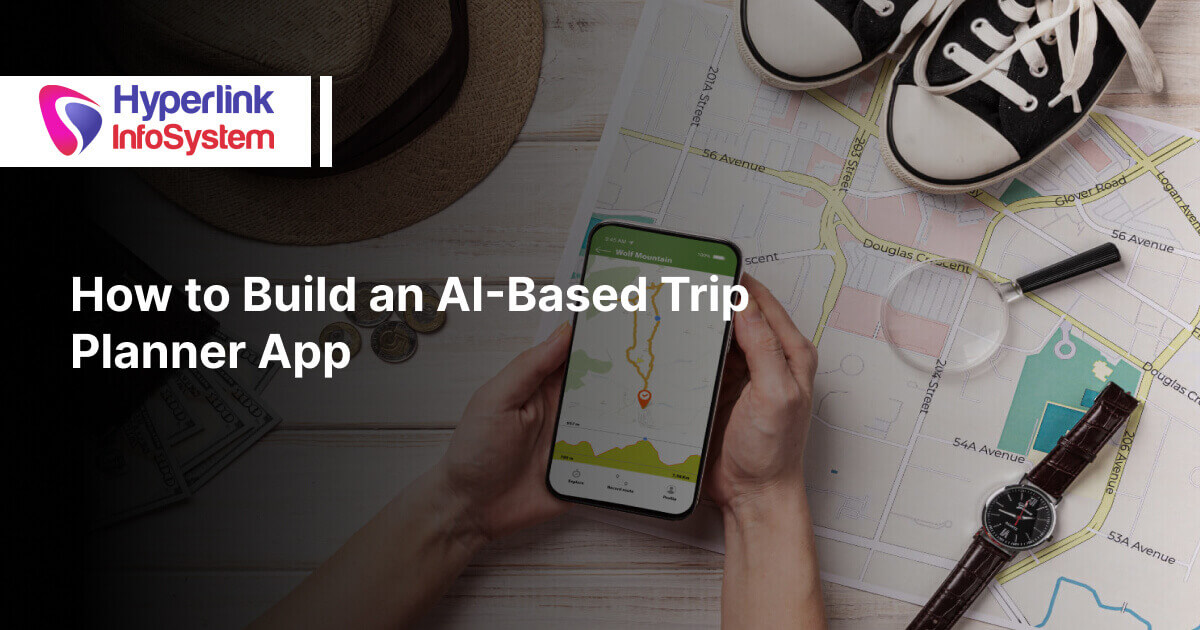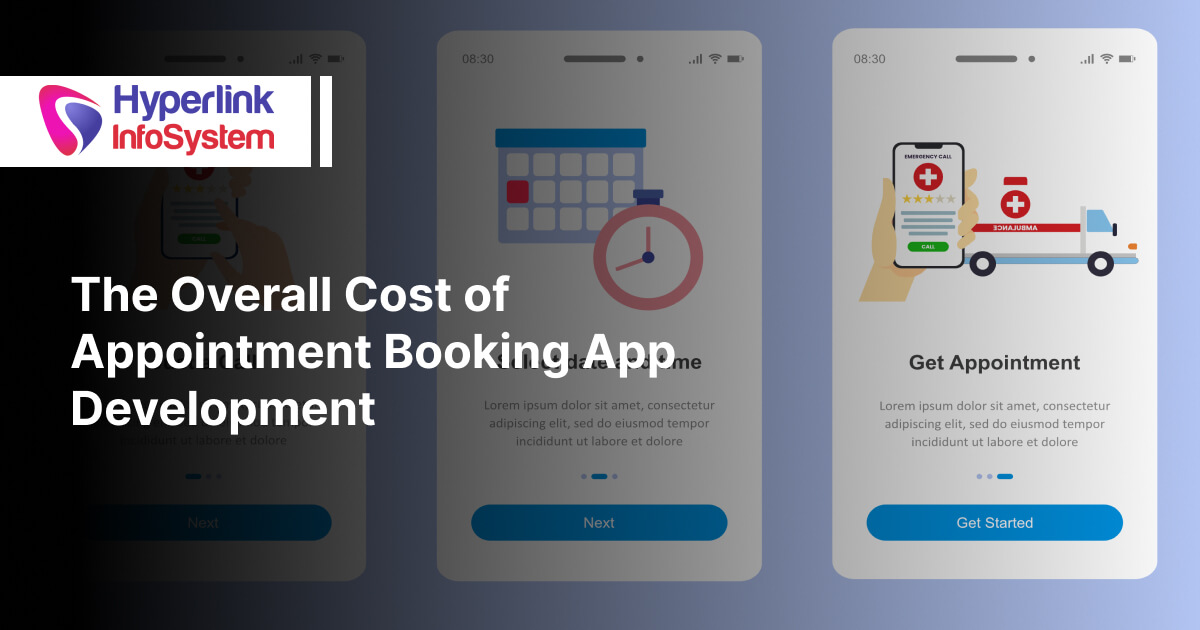Bringing Your Alcohol Delivery App to Life
In the post-pandemic era, the expectation of convenience and doorstep delivery has extended beyond food and groceries to include alcohol. Alcohol delivery on demand has fast emerged as the new norm, reflecting the shifting interests of consumers. You've come to the perfect place if you've been thinking about starting your own alcohol delivery business.
Keep reading as we provide you with crucial information, respond to your inquiries, and walk you through the steps of launching your own on-demand alcohol delivery business.
Embrace the growing demand and discover the opportunities that await in this thriving industry. With our guidance, you can create a captivating alcohol delivery app that caters to both Android and iOS users.
By taking your liquor business online, you can elevate your operations and tap into the growing market of on-demand alcohol delivery. Trust our expertise in mobile app development to guide you through the process.
Facts and figures about the on-demand alcohol delivery market
Alcohol sales through grocery apps were four times greater in 2021 than in 2019, indicating an increase in demand during the epidemic.
According to the International Wines and Spirits Record, alcohol e-commerce sales will increase by 66% between 2020 and 2025.
By 2025, the worldwide alcohol e-commerce business is anticipated to be worth more than 42 billion US dollars.
47 percent of millennials prefer to drink at home, while 28 percent believe going out to buy beverages takes too much work.
In 2017, the demand for alcohol delivery increased month on month in the United States. It increased by about 90% in a year. In the post-covid market, the figures increased even more.
Mobile applications were used by 62 percent of purchasers in Brazil and 32 percent of shoppers in the United States to make orders for alcohol delivery. This demonstrates that having a website is insufficient for online liquor shop proprietors.
In the United States, 12 states allow all types of alcohol delivery, whereas 31 states only allow beer and wine delivery. The remaining seven states prohibit all forms of alcohol distribution.
China has the highest number of internet beverage purchasers. Apps were used to place around 70% of online liquor delivery orders.
Some of the main participants in the alcohol eCommerce market are Drizly, Saucey, and Minibar. Drizly's mobile apps account for 70% of its sales.
According to IWSR, as demand for online booze delivery grows in these nations, the United States and India will provide significant competition to China.
Also Read, Serve Your Customers Better With Restaurant Mobile App
The Essential Characteristics Of A Successful Alcohol Delivery App
- Customer service and chat in-app
- Onboarding via many channels (sign up and login)
- Data gathering and analysis
- Buyer/seller/delivery agent profile listing
- Product search and filtering that is intelligent
- Sellers can use the accept/reject order functionality.
- Checkout and order placing are both quick and easy.
- Multiple language support
- Support for loyalty programs, referrals, and coupons
- Form of consent for establishing age and eligibility
- Customized user interface and user experience design
- Order tracking and updates in real-time
- Sellers can use the inventory management tool.
- App owners can access a dashboard for supplier management.
- Options include buy now, add to basket and wishlist.
- Payment billing and invoice generating are made simple
- Collection of ratings, reviews, and feedback
- Personalized content and promotions
- Push notification scheduling and distribution
- Monetization and advertising in-app
How To Create An Alcohol Delivery App Like Drizly?
Step 1: Conduct Market Research
The more thorough your investigation, the higher your chances of success. Investigate the market thoroughly to determine the extent of your concept and the potential problems. Determine your budget and resources, and then match them to your objectives. Analyze your target clients, rivals, and the market as a whole.
This will point you in the proper way. At this point, you can also begin basic planning for app development, launch, and promotion. In fact, you might begin by generating app wireframes or prototypes to visualize and communicate your concept with others.
You can also utilize the app prototype to raise funds and identify potential partners and stakeholders for your app.
Step 2: Obtain Legal Counsel And Permissions.
It is no secret that selling and purchasing booze involves legal complexities. Make no large investments or commitments without first obtaining the necessary permits.
Consult a lawyer to make sure you are abiding by all local, national, and international norms and regulations depending on the type and extent of your company's operations.
In certain situations, this may only need to be done once, while in others, it can be necessary to consistently observe and put into effect particular principles. Once you've mastered this section, you may confidently go on to app development.
Step 3: Create The App's Design And Code.
If you already have your prototype in place, this stage will be much simpler. Complete your mobile app's UI and UX, as well as its design and layout. Choose an app development approach or technology and begin building your project.
We propose that you skip the coding and bespoke app development and instead create your app using a no-code liquor delivery app builder. You can manage everything from design to app development under one roof. You may work alone or with a team to design, modify, and develop your app.
As you thoroughly test your app, add the functionality that are crucial to you. Hire dedicated developers or the best app development company that can help you in the right way.
Once your Android and iOS app builds are complete, you can begin testing your mobile app. Involve stakeholders, beta testers, and consumers in using the app and providing feedback.
Make the necessary adjustments and publish the app on Google Play and the Apple App Store. Continue to market your app and grow your eCommerce liquor business.
Conclusion
Many companies and enterprises are succeeding in the alcohol commerce market, from Drizly to Flaviar. If you operate a liquor store, you may develop your own eCommerce website and app. We advocate creating a WooCommerce mobile app since it includes the benefits of WordPress. Hire mobile app developers to create your own alcohol delivery app with no coding and personalize it to your liking.
 +1 309 791 4105
+1 309 791 4105




















































 +91 8000 161161
+91 8000 161161
